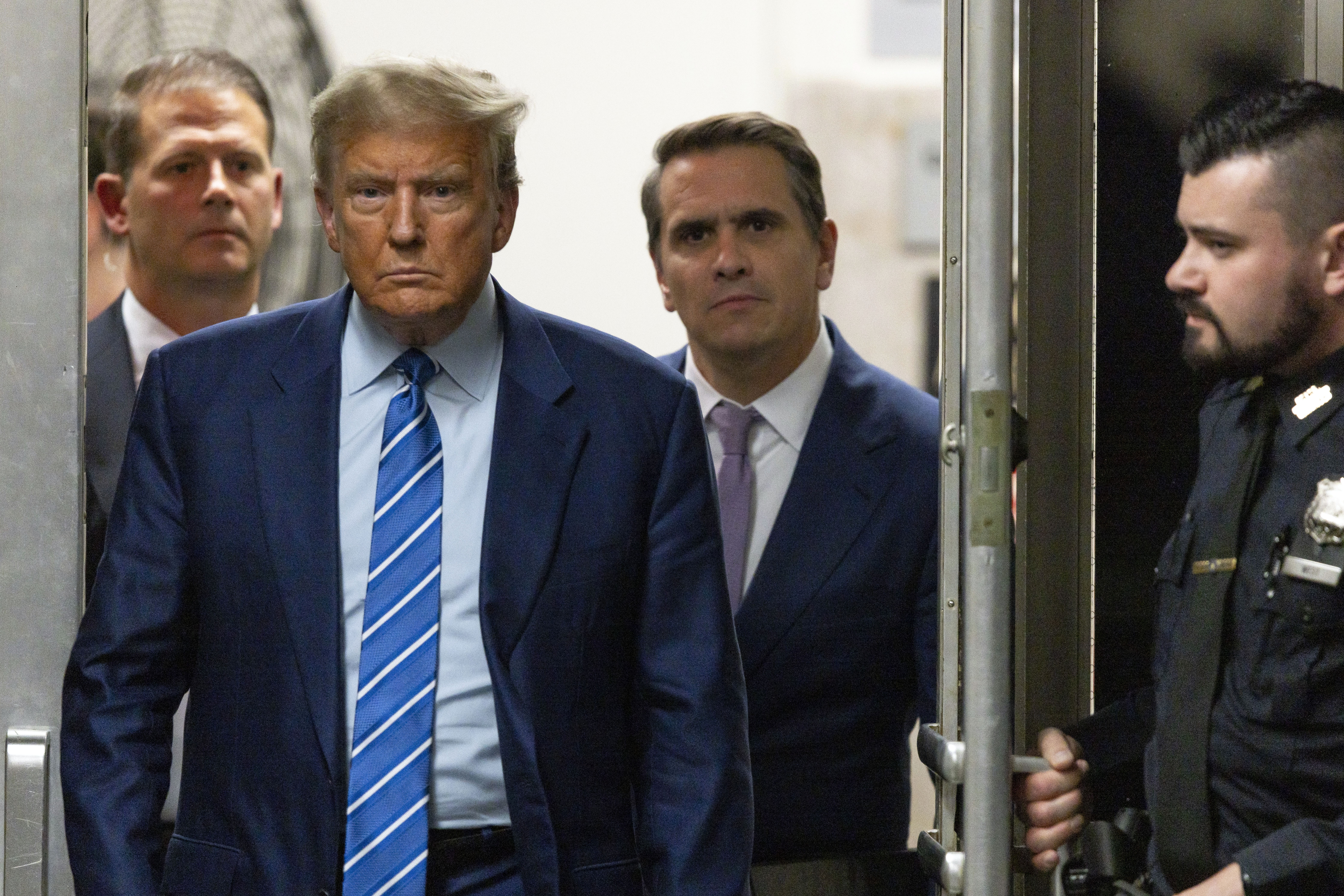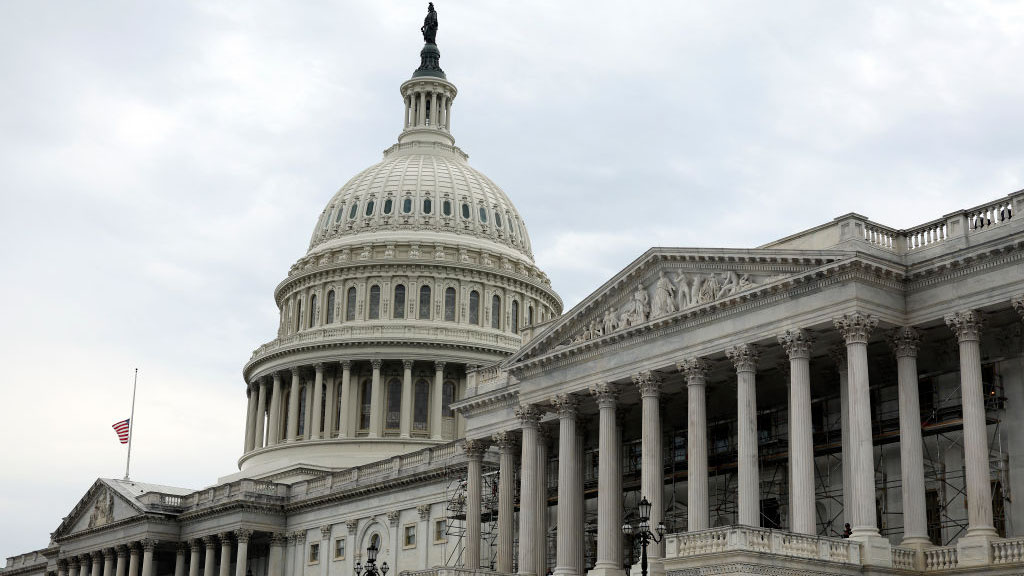Connecting the world's billions of unconnected souls has been a dream of Silicon Valley entrepreneurs and tech giants for years. Employing everyone from scientists to seamstresses, labs have launched a series of projects and pilot programs around the world to test theories and aim for the impossible.
Here's Where You Can Find Free Wi-Fi in the Bay Area
But whether it will be Facebook's laser beam approach, Google's balloons, Elon Musk's satellites – or one of the numerous other projects floating around the world – only time will tell who will leave universal connectivity as their legacy.
Here is what you need to know about a some of these projects coming out of Silicon Valley:
Project Loon
- Project Loon was launched at X, the top-secret lab sponsored by Google's parent company, Alphabet, where innovators have developed everything from Google's self-driving cars to drone deliveries.
- Mike Cassidy, the project lead, and Pamela DesRochers, a former fashion designer, have been working on balloon-powered Internet access, but costs and logistics remain a challenge. DesRochers is working on balloon designs that would stay afloat for months at a time to service the area below the balloon with an internet connection.
- This project is doing pilot flights around the world. "The idea may sound a bit crazy — and that’s part of the reason we’re calling it Project Loon — but there’s solid science behind it," Cassidy wrote in a blog post.
- Like any product from X, there is no promise of success, and the innovative lab says it takes its failures in stride. Astro Teller, who runs X, told Lester Holt, "Most everyone's ideas here just aren't gonna work out. That's just the truth when we're coming up with unusual ideas," Teller said. "One idea in a thousand turns out to be cars that drive themselves."
Affordable Access Initiative (AAI)
- The Microsoft-funded initiative is hyper-focused on the power of small businesses, especially those in developing countries.
- Since launching in 2015, the company has provided funding, free technology tools and mentors to innovative small businesses.
- The company just announced a host of new projects it is funding around the world ranging from Pocket Cyber Cafes in the Democratic Republic of Congo to Picosoft in Nepal, which is using Microsoft’s TV white space technology to bring the Internet to rural schools.
U.S. & World
- Free Basics was developed as part of Internet.org by Facebook and is in use by roughly 40 million people as of November 2016, according to Facebook.
- One obstacle to the project has been what websites the service provides access to, or rather, what it doesn't provide access to.
- Some say Free Basics violates the principles of net neutrality because of its decision to host only select sites, while Facebook said it is focusing on providing basic access to websites it has deemed essential such as news sites, job postings, health and education information as well as Facebook. It has been banned or restricted in several countries including India.
Intersection
- Alphabet’s urban technology company, Sidewalk Labs, is trying to create cities of the future by working on the development of a variety of products that meet evolving needs of city dwellers.
- It provided backing for the company, Intersection, which works to increase the connectivity of millions of people without access to what the company calls a "basic right of modern life."
- So far, Intersection has launched the LinkNYC network with Qualcomm and CIVIQ Smartscapes LLC to bring thousands of free Wi-Fi hot spots to New York City by refurbishing more than 7,500 old pay phones into Wi-Fi and charging stations kiosks, complete with maps and city services. Intersection has since announced its expansion of similar models to cities around the United States.
[[430164773, C]]
Connectivity Lab
- The Connectivity Lab is run by Internet.org, a Facebook initiative. The group has been working on everything from collaborations with mobile carriers to laser beams to come up with solutions to universal connectivity — really.
- While Project ARIES is working on the ground to provide people living just outside cities with access to high-speed internet, Aquila is a solar-powered plane currently testing the possibility of beaming lasers from its surface to provide those services.
SpaceX
- Elon Musk, the billionaire entrepreneur who co-founded Tesla, had an idea that was just too big for planet Earth. He wants to provide universal connectivity by launching a network of satellites into space.
- His company, SpaceX, filed a request to the Federal Communications Commission (FCC) in November of 2016 to launch hundreds of satellites into space as part of a planned network of internet providers.
- One obstacle came in 2015 after Facebook contracted with SpaceX for its own satellite. It made news after it was ultimately unable to take-off and exploded before leaving its platform.
Mike Cassidy, Project Lead



